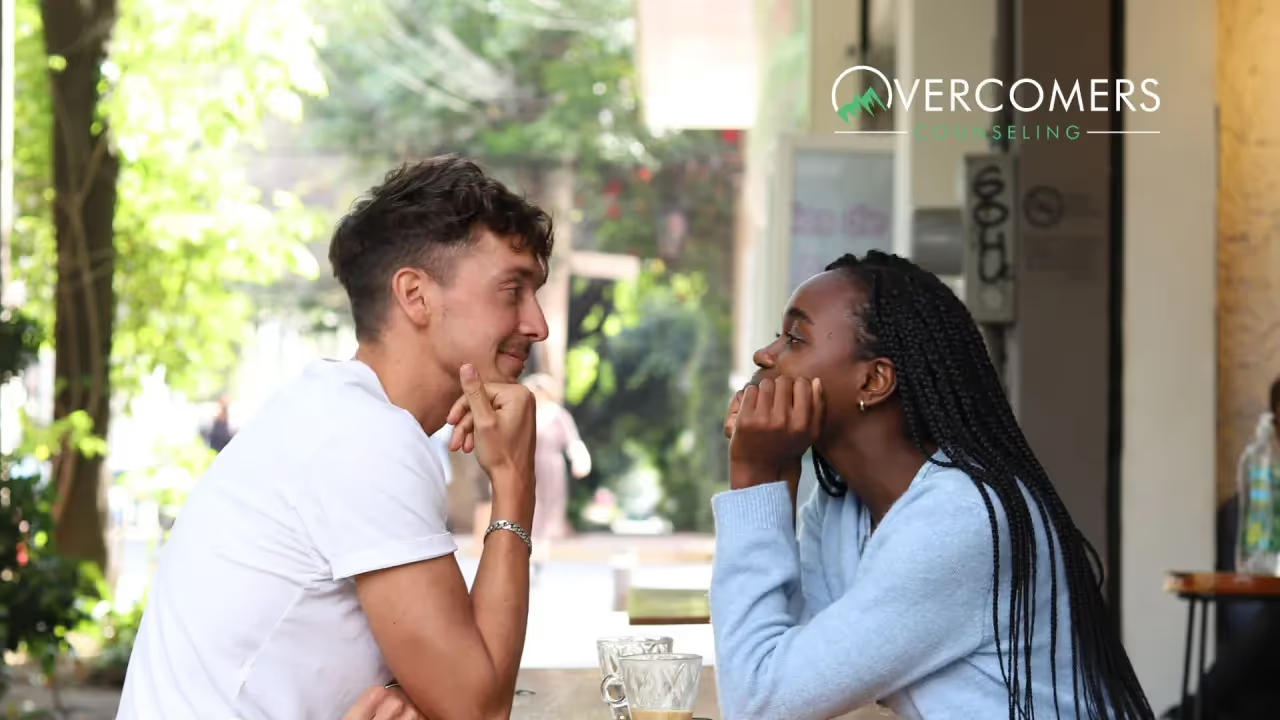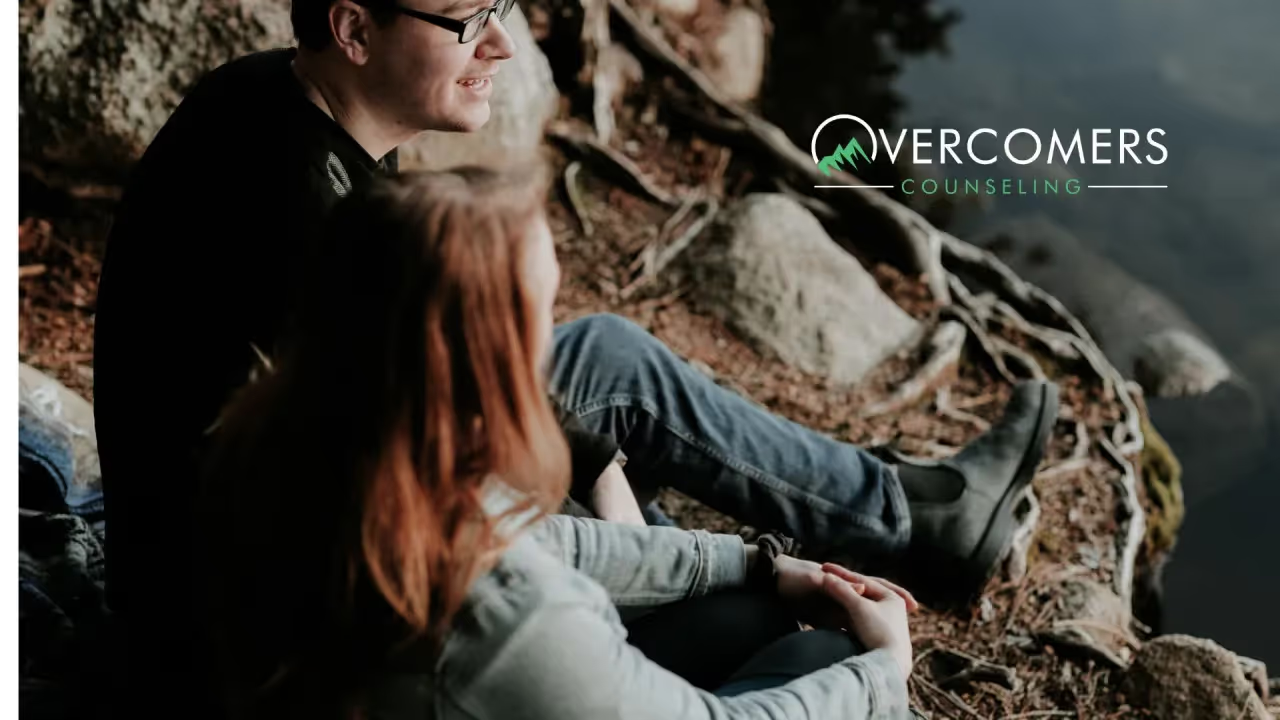The first date — a thrilling dance of discovery where every word exchanged is a step closer to understanding the person sitting across from you. It's in...

The first date — a thrilling dance of discovery where every word exchanged is a step closer to understanding the person sitting across from you. It's in these initial conversations that the foundation of a potential relationship is laid. The role of good questions in this dance cannot be overstated; they are the moves that lead you into the heart of your partner's world. More than just filling silence, well-chosen questions can unveil passions, dreams, and values, weaving a deeper connection between two individuals. So, let's explore how to ask meaningful questions that can turn a simple first date into the beginning of an unforgettable journey.
Open communication is the cornerstone of any successful relationship, and it starts from the very first date. By asking thoughtful questions, you're not just gathering information about the other person, but also demonstrating your willingness to be open and vulnerable. This can establish a sense of trust and intimacy early on, setting the stage for a more meaningful connection. Furthermore, open communication helps in avoiding misunderstandings and assumptions that can lead to conflicts later on. When you ask your date about their experiences, opinions, and aspirations, you are expressing genuine curiosity about who they are as an individual. This can make your date feel valued and heard, fostering a sense of mutual respect and appreciation. Moreover, the nature of your questions can reflect your own character and values, giving your date a glimpse into your world.
Open-ended Questions: These questions go beyond a mere 'yes' or 'no' response. They demand more contemplation and have the potential to pave the way for deeper conversations. For example, instead of asking, "Do you like your job?", which can be answered with a yes or no, try asking, "What do you enjoy most about your job?" This allows your date to share more about their passions, experiences, and perspectives.
Personal Questions: These types of questions allow you to get to know your date on a deeper level. However, it's important to tread lightly and ensure your date is comfortable. You might ask about their childhood experiences, family, or personal values. An example could be, "What's one thing you learned from your parents that you feel has shaped who you are today?"
Future-Oriented Questions: Asking about someone's future plans or aspirations can show that you're interested in their goals and dreams. It can also provide insight into whether your plans align. For instance, you could ask, "Where do you see yourself in a few years?" or "What's one thing you want to achieve in your personal life?"
Fun and Light-Hearted Questions: These questions help keep the mood relaxed and enjoyable. They can be about hobbies, interests, or even hypothetical scenarios. For example, "If you could have any superpower, what would it be and why?" or "What's your go-to karaoke song?" These types of questions can bring out your date's playful side and lead to laughter and shared enjoyment.

Timing and delivery are crucial. It's essential to weave your questions naturally into the conversation, rather than firing them off like an interview. To do this, you can use their responses as a springboard for your next question or share a bit about yourself before posing the next query. This can create a relaxed, back-and-forth dialogue that feels less like an interrogation and more like an engaging exchange of stories and ideas. Also, pay attention to your date's body language and comfort level. If they seem uncomfortable with a question, it's perfectly okay to move on to a lighter topic. The goal is to get to know each other and enjoy the date, not to conduct an examination.
One common mistake many people make is probing too deeply too soon. Asking intensely personal questions right off the bat can seem intrusive and make your date uncomfortable. Similarly, not actively listening to your date's responses can give off an impression of disinterest, turning what should be a two-way exchange into a one-sided interrogation. It's important to show genuine engagement with thoughtful reactions and follow-up questions. Another misstep is treating the date like an interview, firing off question after question without sharing anything about yourself. The key to a successful first-date conversation is balance — you're there to learn about each other. Lastly, always be attentive to your date's comfort level. If a topic seems to make them uneasy, tactfully steer the conversation in a different direction. By avoiding these common blunders, you set the stage for a more relaxed, enjoyable, and meaningful first-date experience.
Asking the right questions on a first date is more than just a conversation starter; it's a gateway to understanding your potential partner and building a meaningful connection. It allows you to delve beneath the surface, discover shared interests, values, and aspirations, and ultimately determine if there's potential for a deeper relationship. However, while these questions serve as a helpful guide, it's crucial to remember that genuine conversations aren't scripted. They ebb and flow naturally. So, use these questions as a jumping-off point, but don't be afraid to let the conversation veer off into unexpected territories. The goal is not to tick off a checklist but to engage in a vibrant exchange that leaves both of you feeling heard, understood, and eager for the next date.
Healthy techniques can help you feel more in control of your emotions and present situation, which can help because stress and anxiety are often caused by a person feeling like they have no control over their feelings, situation, or outcomes.
A typical mental health life coaching session typically starts with setting an agenda based on the client's goals. The coach and client then discuss various topics that are related to the client's goals, such as identifying challenges, building self-awareness, developing new skills, and identifying strategies for overcoming obstacles. During the session, the coach provides guidance and feedback to help the client reach their desired outcome.
Some examples of self-soothing strategies that are not healthy include binge-watching TV, emotional eating, drinking alcohol, compulsive gambling, obsessive game-playing, and constant internet surfing.
Unlike therapy, If you're feeling stuck or at a crossroads in your life, an experienced coach can help you gain clarity and make progress toward your goals.which focuses on treating mental health issues, life coaching focuses on helping clients reach specific goals through self-development and growth.
The length of a life coaching engagement varies depending on the needs and goals of the client.
Some clients may only need a few sessions to achieve their desired outcome, while others may benefit from longer-term, ongoing coaching.
Once purchased, you will be provided with access to the material indefinitely. This means that you can come back at any point in time to review or complete any modules or assignments that you may have missed out on initially.